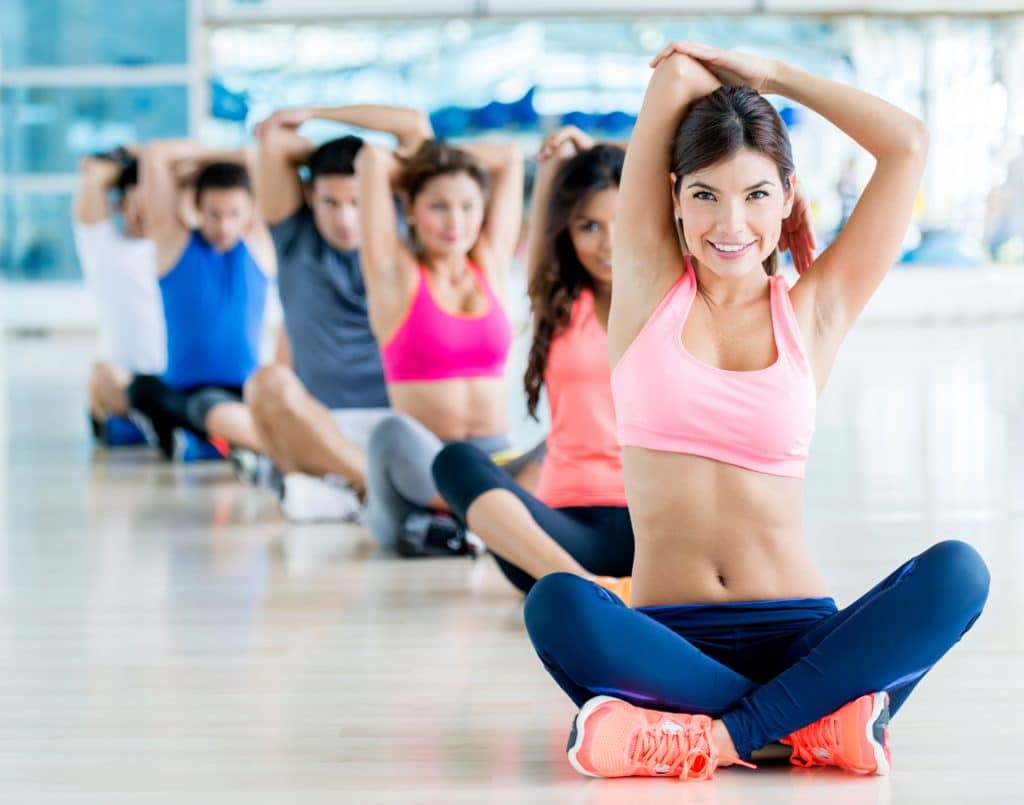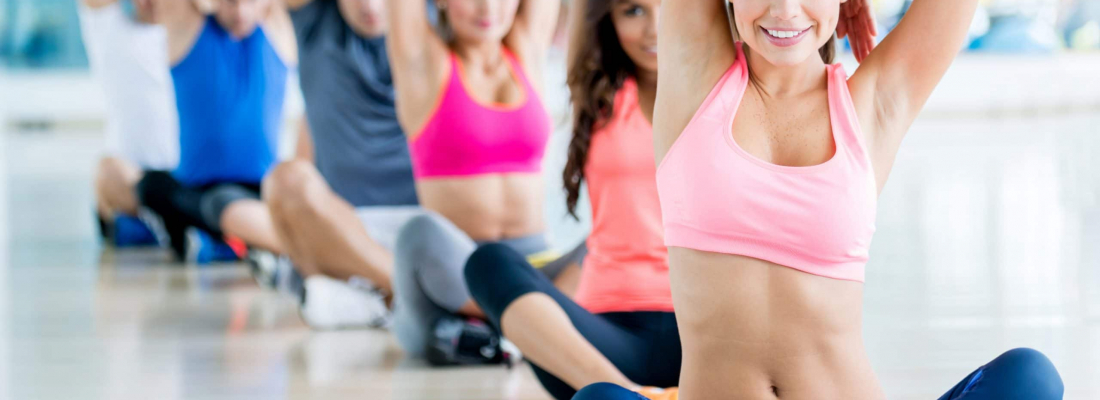
- Reduce risk or severity of illness. White blood cells protect and fight off infection from bacteria and viruses constantly. Exercise improves the circulation and distribution of the white blood cells throughout the body. Good circulation pumps blood into all the areas of the body that are ill or injured, which speeds up the repair in those areas. White blood cells aid in reducing inflammation, as well as warding off illness and disease.
- Increased endurance. The heart is a muscle that needs to be exercised. Contractions of the heart are strengthened with regular cardiovascular activity. The human circulatory system is a complex network of veins, arteries, and capillaries, that deliver blood and oxygen to all of the body’s cells, and is moved through the body by the heart and lungs. Overtime, regular exercise practices the heart and lung correlation, and both capacity and efficiency is improved.
- Manage stress. Exercise helps to manage stress in a variety of ways, but one of the most well known documented ways is how it releases the hormone epinephrine (also known as adrenaline more commonly), and nor-epinephrine. Adrenaline puts your body in a flight or fight mode, allowing you to be more alert, and increases energy to your muscles to allow you to physically work harder. Nor-epinephrine is released in order to stimulate the dopamine receptors in the brain. These receptors are needed to absorb endorphins, which are also released during exercise. Endorphins improve your mood and overall mental well being.
- Have more energy. Exercise causes your blood to flow more quickly as the body requires more oxygen to the cells. This temporarily increases your metabolic rate, utilizing the glucose in your blood. This increase in metabolic rate continues after you’ve exercised, and gives you a sustained feeling of energy.
- Increase metabolism. Cardiovascular exercise increases your metabolic rate and burns calories. Exercises that increase the metabolic rate, is anything that requires sustained aerobic activity like, running, swimming, or biking. This rise in metabolic rate is temporary, and will return to normal (after a short after burn period where the body continues at the sustained metabolic rate before returning to normal). Weight and strength exercises increase the metabolic rate two fold. First, like cardiovascular exercise, the metabolic rate increases temporarily to accommodate the burst of exercise. However, weight training increases muscle mass and the need for more energy to use the muscle, which can sustain an increase in metabolism, as the muscles require more energy.
- Increase strength. Cardiovascular exercise combined with strength or weight training will increase muscle mass.
- Increase flexibility. Exercise improves blood flow too muscles, and therefore overall range of motion.
- Boost immunity. You don’t need to be an elite athlete for exercise to benefit your immune system. Studies show that just 30 minutes of moderate exercise 3 times a week will greatly reduce your chances of getting a cold or reduce the severity and length of illness. Regular exercise boosts your T-cells, which is your body’s natural defence system, and integral in fighting illness.
- Better mental clarity. Exercising regularly improves blood flow to the body and brain. Levels of required hormones are kept at optimum levels, improving focus and concentration.
FRESH provides food and beverages that support your active, healthy lifestyle without sacrificing taste. Enjoy an amazing protein bowl, crunchy salad, or delicious super smoothie as a part of a balanced diet. See how you can add FRESH to your day.







